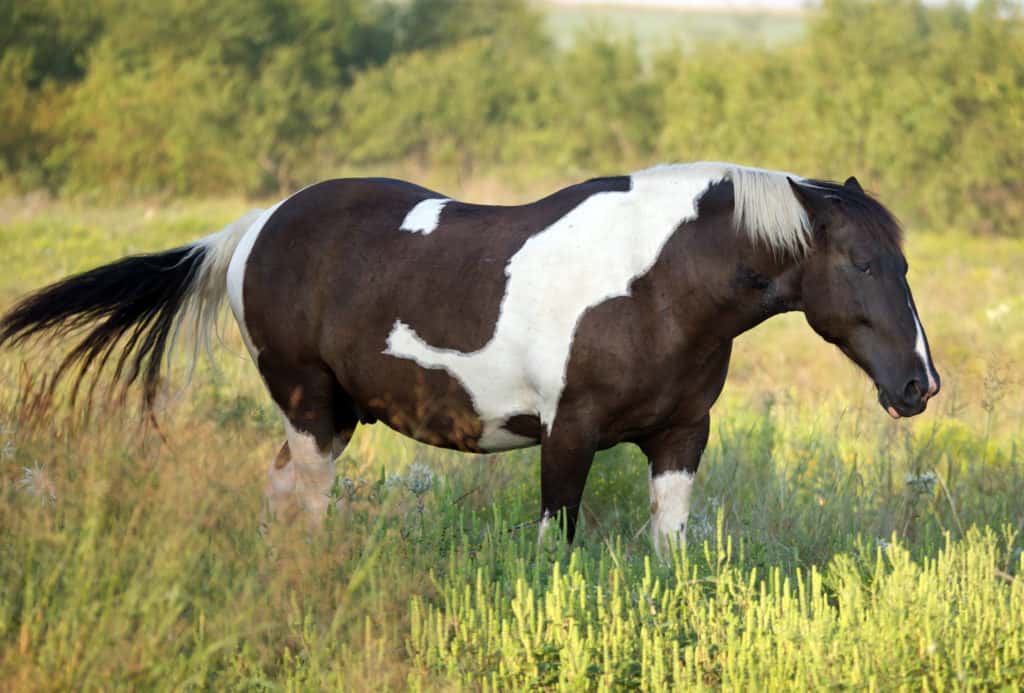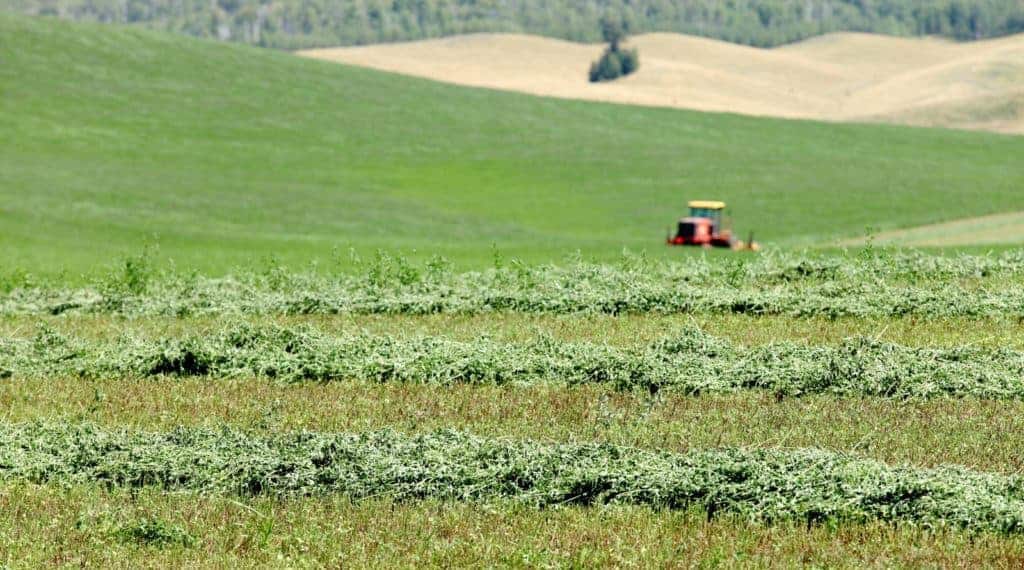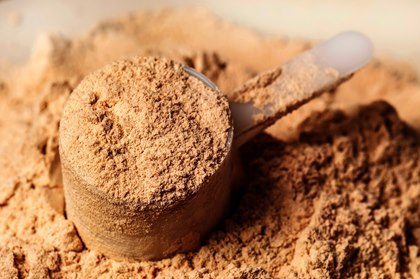
Can Vitamin B-12 Improve a Horse’s Appetite?
Learn about vitamin B-12’s role in the horse’s body and when supplementation might prove beneficial.

Learn about vitamin B-12’s role in the horse’s body and when supplementation might prove beneficial.

Monitor and optimize your horse’s training, diet, health, and shipping experience in order to help him perform his best.

Health problems can arise when animals—including horses—and people come into contact with the various toxins produced by blue-green algae.

My filly is licking and biting her salt block obsessively. Is it possible for her to eat too much salt?

Researchers found a significant difference in how they body condition scored horses compared to the animals’ owners, who tended to underestimate body condition.

Researchers found that horses with EGS had significantly reduced bacterial diversity compared to their healthy counterparts.
The riders proved that their horses’ positive drug tests resulted from hay contaminated with autumn crocus, which can be toxic to horses.

A horse owner who also has beef cattle wants to know if all-purpose, multispecies feeds are okay for horses. Our equine nutritionist responds.

These findings will help scientists design better strategies to combat agriculturally important microbial diseases with fewer repercussions to crop yield.

Cobalt is an essential part of vitamin B12, which plays a role in the amino acid and fatty acid metabolism as well as nervous system function, making it an important part of the equine diet.

The livestock heat index can help producers know when animals, including horses, are at risk for heat stress and require extra resources to combat and withstand the conditions.

Why might replacing long-stem hay with hay pellets help resolve a senior horse’s loose manure? Our equine nutritionist weighs in.

Horses are highly susceptible to botulism, which causes neurologic disease and death. Download this free fact sheet to learn more!

This carefully designed dressage boarding barn is chore-efficient and tidy. The details draw clients, save time, and help protect the environment.

While either the small or large intestines are usually the focus of colic discussions, the junction of the small intestine and cecum at the start of the large intestine—the ileocecal junction—also deserves mention.

Learn how to read supplement labels and the difference between ingredients that offer potential therapeutic benefits and those meant to improve flavor or act as preservatives.
Stay on top of the most recent Horse Health news with
"*" indicates required fields